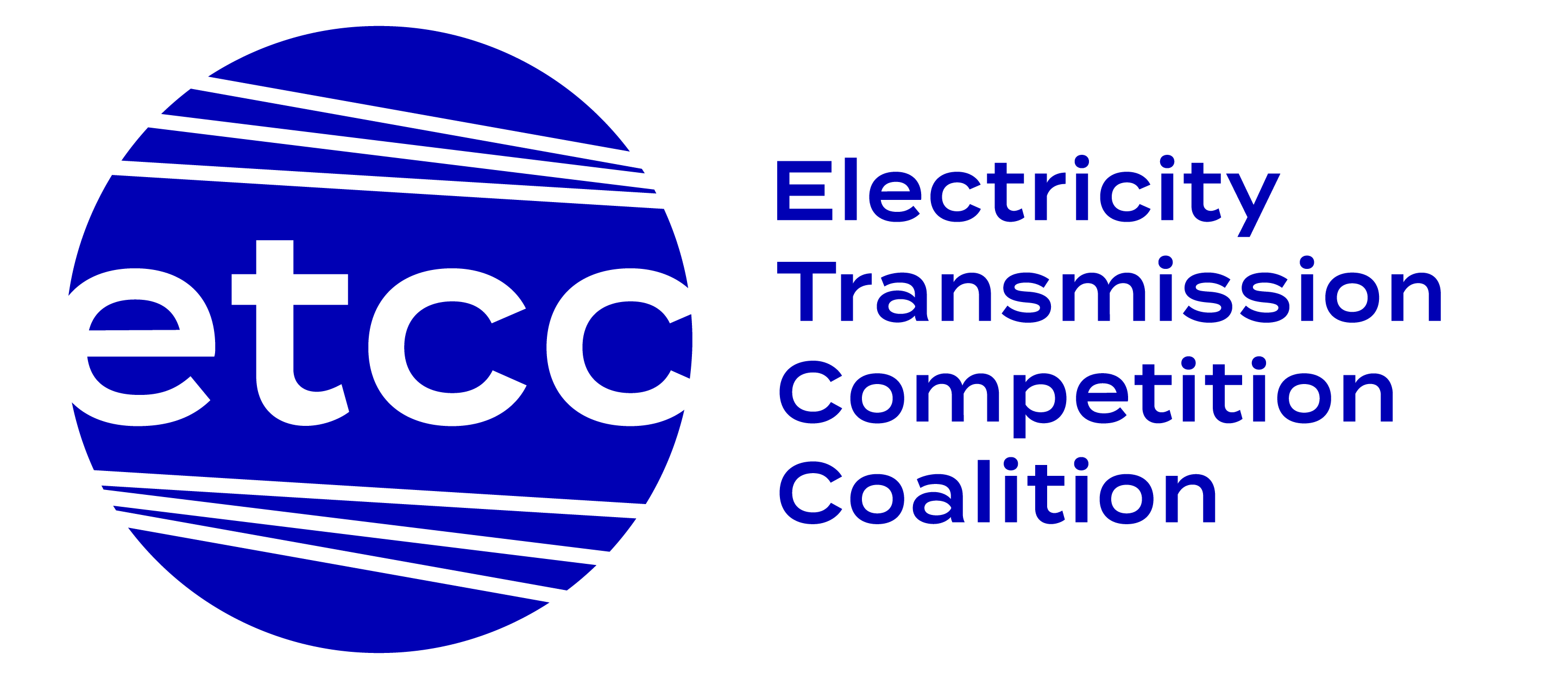April 18, 2022
Earth week should celebrate competitive markets as the unsung climate hero
(This article was originally published in The Hill and can be viewed here.)
By Devin Hartman, Opinion Contributor
As the economic horizon darkens, Earth Week marks a moral imperative to unite consumer, taxpayer and environmental interests. The perceived economic threat of climate action forced President Joe Biden to mention climate once in his State of the Union address and recast his energy agenda to battle rising costs and inflation. The president could ameliorate climate’s economic stigma by applying his competition agenda to the notoriously monopolistic electric power industry. This aligns with recent congressional activity, which targets competitive reforms that resolve clean supply chain bottlenecks, lower energy costs and achieve greater emissions reductions than Build Back Better (BBB).
The clock is ticking. Public debt and greenhouse gases are accumulating at unprecedented levels. Competitive reforms address both problems but remain overshadowed by a misguided obsession with public spending. Notably, fiscal steward Sen. Joe Manchin (D-W.Va.) cited inflation and debt as his main concerns in opposing BBB. Analyses confirmed that most energy subsidies in BBB had costs exceeding benefits and harmed economic growth and inflation. Politically and economically, taxpayers cannot shoulder the energy transition—nor do we need them to.
Competitive markets are the unsung hero of the clean transition. The cost of capital has become a function of environmental concerns. Environmental investing grew 42 percent from 2018 to 2020 and now constitutes one-third of all domestic assets under management at over $17 trillion. Private capital will grow as an environmental force, irrespective of subsidies. But the transition cannot occur without unseating the existing assets of incumbent utilities, which have built a regulatory moat that impedes competition.
Inefficient regulation deters new entrants and results in a staggering backlog of clean energy development. Today’s electric grids are artificially congested because utilities shun lower-cost solutions, rather than embrace them like competitive enterprises do. Injecting competitive discipline into the operation of transmission assets can double renewable energy capacity, save consumers tens of billions on electric bills and achieve greater emissions cuts than BBB this decade.
You can read the rest of the article on The Hill here.
Devin Hartman is the director of energy and environmental policy at the R Street Institute.

